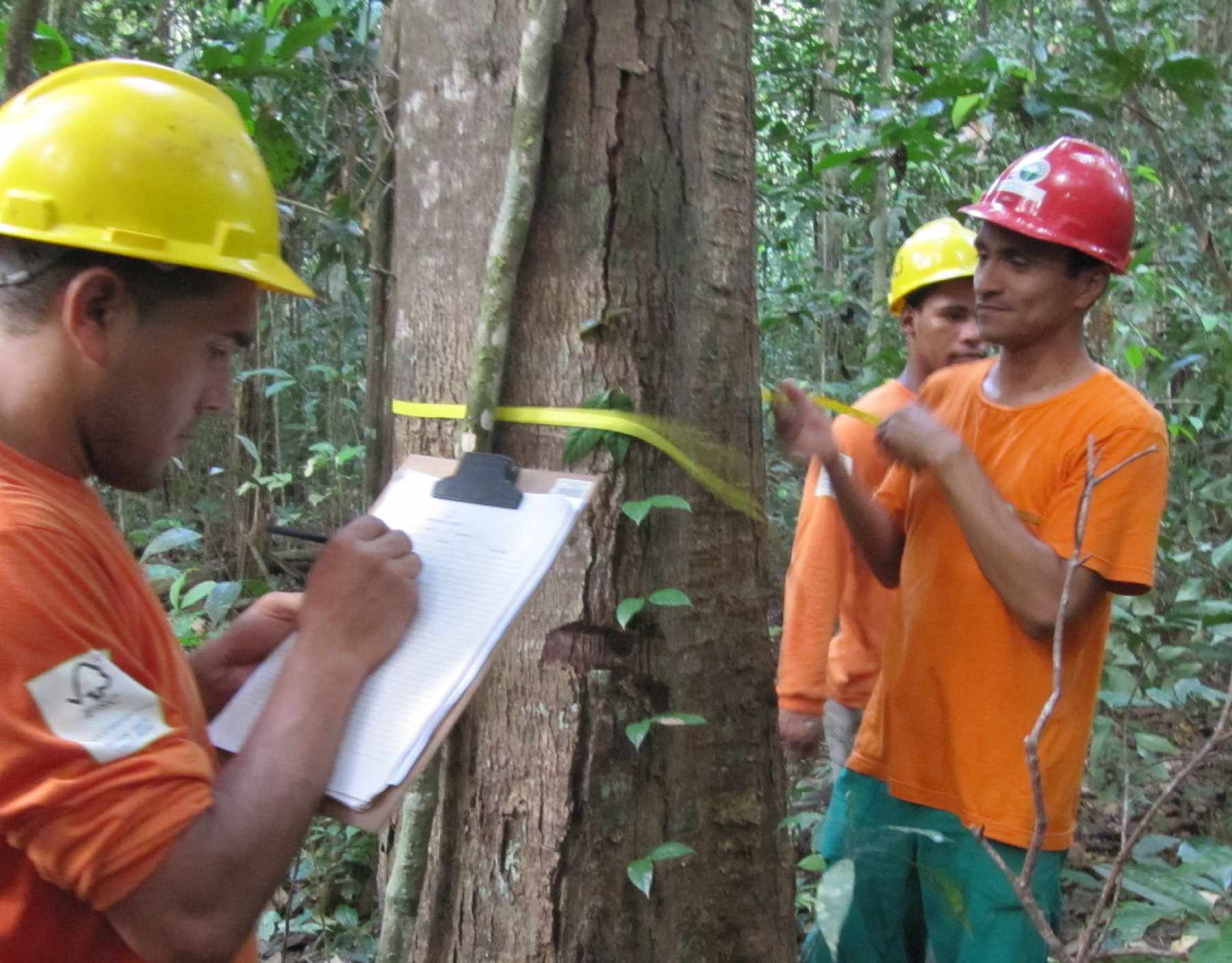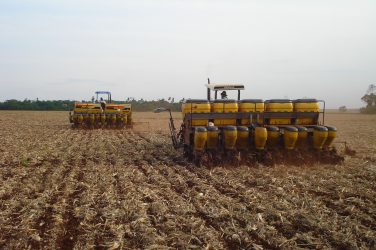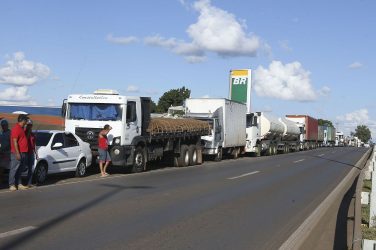Former Brazilian Environment Minister Izabella Teixeira has made an impassioned plea for a “new politics of consensus”, urging farmers, environmentalists and big business to unite in the battle to save the Amazon.
Teixeira said protecting Brazil’s rich biodiversity – from the Amazon rainforests to the Cerrado savanna – can only be achieved if old divisions between environment and agriculture are abandoned for a “solutions based” approach.
Teixeira, who played a key role in the Paris climate change agreement, but was dropped from President Michel Temer’s all-male cabinet last year, said Brazilians know biodiversity is an invaluable asset, but also want farming and economic development.
“This should not be a barrier. If you see agriculture and the environment as partners, not enemies, you forge a common interest, develop trust and transparency,” she told the Thomson Reuters Foundation in an interview in Washington D.C..
“This is a crucial moment in the world’s history: we have to make a political choice about our country and the planet. This new political agenda must be managed not on divisions of the past but on unity.”
Home to the world’s largest tropical forest, Brazil has lost about one fifth of the Amazon rainforest in the last 50 years, according to the World Wildlife Fund.
Teixeira, who was environment minister for six years, said it is often forgotten that while 130 million hectares of land are under federal protection, big and small farmers control 100 million hectares of biodiverse land, with tensions rising.
Earlier this year, Human Rights Watch reported that rural violence in Brazil hit its worst levels in a decade and at least 54 people were killed in land conflicts in 2016.
Campaigners and civil servants have also reported that pressure from agricultural interests this year led Brazil to halt the formal demarcation of land for indigenous communities.
Teixeira said she is worried there will be a return to the divisive debates of the past.
“It is a big mistake in my opinion to polarize everyone again with the environment on one side and agriculture on the other,” said Teixeira, 55, a civil servant at the Brazilian Environmental Agency since 1984.
“Our challenge is not just to avoid deforestation but also achieving transparency for the national (conservation) system; show who supports it, who are the players responsible.”
Teixeira played a key role in Brazil’s pioneering rural environmental registry, Cadastro Ambiental Rural, or CAR.
This system makes it mandatory for all rural properties to be registered and sets caps on the proportion of natural vegetation that can be legally cleared on any rural property. This can be as low as 20 percent in some parts of the Amazon.
Its roll-out required geo-referencing and identification of millions of property boundaries and, ultimately, about four million properties covering some 403 million hectares will come under the auspices of CAR – roughly half the size of Brazil.
Teixeira said the enormity of the registration program was greeted with skepticism initially but by next year – the new deadline for registration – owners who are not on the CAR will not receive bank finance.
“I am an optimist but also pragmatic. We cannot make a mistake now, make the wrong choice,” she said.
“Of course we have political and economic problems .. (but) I know we can solve our problems within this new political framework with agriculture. We simply have to find new ways to put the two things together.”
This article was produced by the Thomson Reuters Foundation. Visit them at www.thisisplace.org














